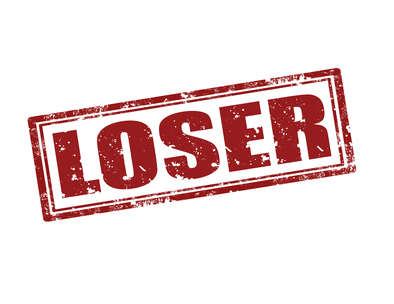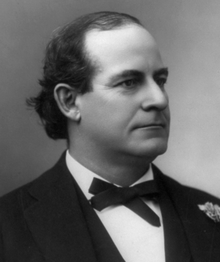
The party that loses the White House next year will face an existential crisis.
Suppose Republicans lose again. They will have lost three presidential elections in a row. After Democrats lost three in a row in 1988, the party was forced to acknowledge, "We can't go on like this." Eventually Bill Clinton showed Democrats a new way -- the "third way" -- back to power.
Suppose Democrats lose. If Republicans retain control of both houses of Congress, Democrats will be shut out of power in Washington and in the states more completely than at any time since the 1920s. The GOP will act quickly to eradicate all traces of the Barack Obama and Bill Clinton legacies. Once again, Democrats will have to face a bitter truth: "We can't go on like this."
The losing party will see a showdown between the establishment wing and the populist wing. If an establishment candidate loses, the populist base of the party will say "We told you so. The party lost because it failed to nominate a 'real' Republican (or a 'real' Democrat)." If a populist candidate loses, the establishment will say, "We told you so. The party veered too far from the center."
Republicans have a smorgasbord of choices for 2016. There are likely to be at least two establishment contenders (Jeb Bush, Chris Christie). Plus several varieties of conservative populists: libertarian (Rand Paul), religious (Mike Huckabee, Rick Santorum), tea party (Ted Cruz, Scott Walker) and neo-conservative (Lindsey Graham, Marco Rubio).
The 2016 Democratic battle is for the soul of one candidate. Will the nominee be Hillary Clinton the "New Democrat" (like her husband) or Hillary Clinton the progressive populist? The answer is not yet clear. Bernie Sanders and Martin O'Malley stand little chance of winning the Democratic nomination, but they will be pulling Clinton to the left. So will influential non-candidates like Elizabeth Warren and Bill de Blasio.
Clinton is already moving cautiously away from her husband's get-tough policies on crime. "We need to restore balance in our criminal justice system," she declared in New York. Free trade was another of Bill Clinton's signature policies. His wife has not yet taken a position on the free trade bill now drawing fierce opposition from the left.
There are two populist impulses in the United States -- one on the left and one on the right. Left-wing populism is economic. It pits the interests of the poor and the middle class against those of the moneyed elite. Right-wing populism is social. It pits traditional values against the values of the educated upper middle class.
The two populist impulses are ideologically distinct, but sometimes they go together. William Jennings Bryan, the great populist hero of the early 20th century, packaged economic radicalism together with religious traditionalism when he declared, "You shall not crucify mankind upon a cross of gold."
Traditional values used to be a winning issue for Republican candidates like Richard Nixon, Ronald Reagan and Bush father and son. No more. The country has moved to the left on issues like same-sex marriage and legalization of marijuana. Recently, we saw conservatives thrown back on their heels by the ferocious liberal backlash to the Indiana law that would have allowed businesses to discriminate against same sex couples.
Economic populism is nothing new for Democrats. Since the New Deal, Democrats have been the party that promises to protect the economically vulnerable against adversity. The rise of Reagan in the 1980s threw Democrats back on their heels. When Reagan led a revolt against "big government," Democrats found themselves in the awkward position of defending it.
Bill Clinton pulled Democrats to the center in order to keep the party competitive. He proclaimed in 1996, "The era of big government is over." Now, with inequality at the top of the agenda for Democrats, the Clinton legacy is under fire. But Democrats have to be cautious. Americans may be dissatisfied with the country's distribution of wealth, but they are not sure how the government should address it.
In a recent Pew survey, the public was split over whether the government should implement policies to shrink the income gap (44 percent) or let the market operate freely even if the gap gets bigger (47 percent).
Moderates have been disappearing in both parties. A lot of "blue dog" Democrats lost their seats in Congress to Republicans in 2010 and 2014. That's why President Obama is having so much trouble getting a trade bill passed. The kinds of Democrats who supported Bill Clinton on NAFTA aren't there any more.
When moderation fails, fundamentalism takes over. Reagan emerged out of the ashes of the failed Richard Nixon and Gerald Ford presidencies. The Tea Party emerged out of the ashes of George W. Bush's failed presidency.
Call it ideological cleansing. It's been going on for some time now. And it's going to continue. The losing party can look forward to 2017: the Year of Recriminations.


